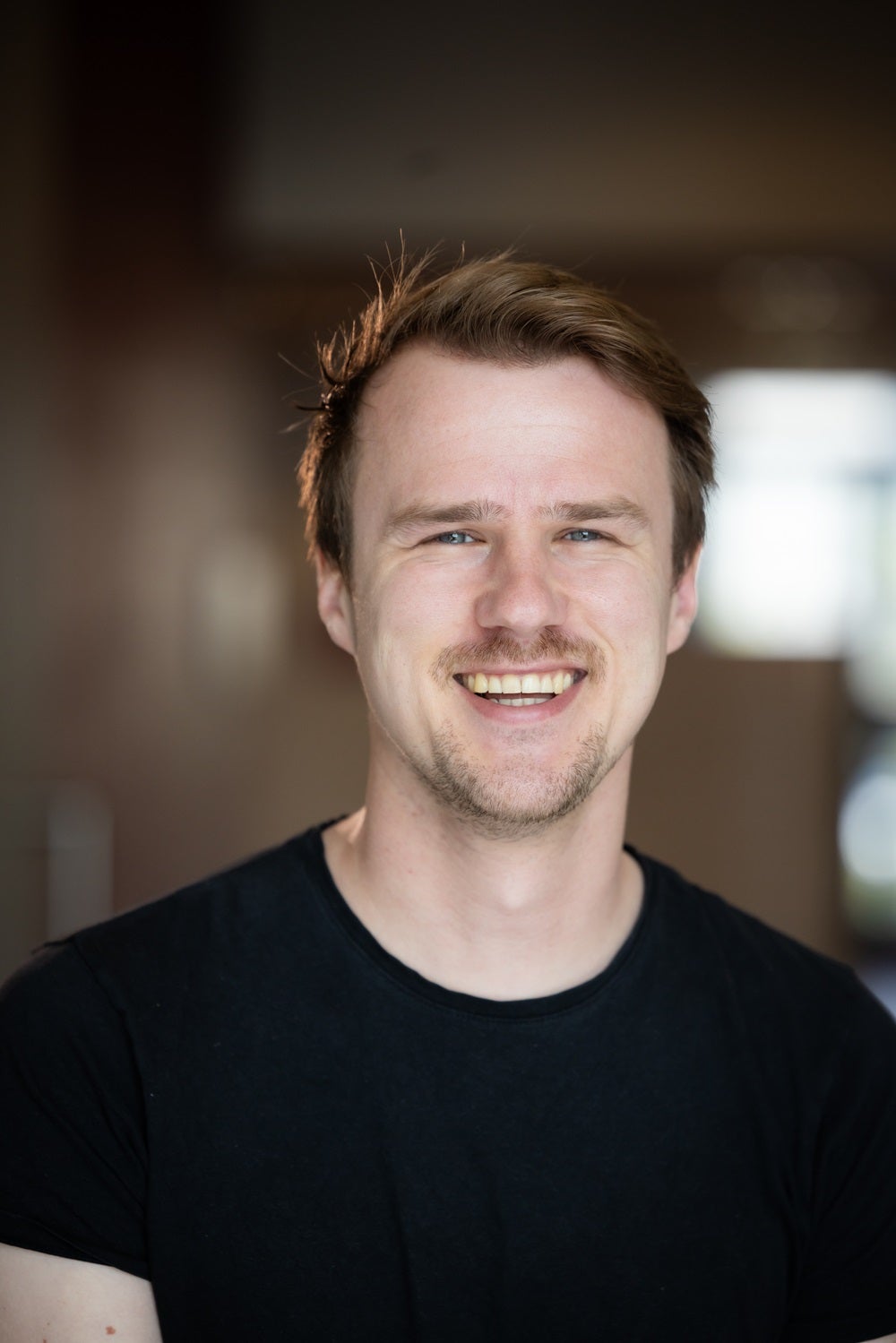The evening opened with a series of invited presentations and a panel discussion on the theme Trust in Science. In recognition of their outstanding contribution to open science, the Open Science Community Amsterdam has awarded their annual Open Science Prize to ten researchers and students across our four affiliated institutes. De Vrije Universiteit Amsterdam wants to congratulate its four winners with their outstanding achievement:
Winners student award
Against Transparency: The Right to Opacity in Open Science
María de los Ángeles Crespo López & Krishma Labib
Awarded for their critical research on opacity within open science, these researchers explored how transparency and openness are framed in policy and practice. Their work highlights the importance of context, power dynamics, and the right to refuse in knowledge sharing.
Winners Stakeholder Involvement, Citizen Science, and Community Engagement
Joy in academia: centering racialized voices in Dutch and Belgian universities
Zakia Essanhaji, Daudi van Veen, Zehra Çolak, Dounia Bourabain, and Onur Şahin
Honored in the Stakeholder Involvement category, this team created a podcast series spotlighting joy, resistance and belonging among racialized academics in the Netherlands and Belgium. The series offers mentorship and inspiration through accessible storytelling. Listen to the podcast on Spotify or Apple.
Transdisciplinary Global Health Challenge (TGHC) – a transdisciplinary community engagement project to foster Open Science practices with marginalized communities
Sarju Sing Rai, Jeroen Meulenbrugge, Amber Mers, Manon Gerber, Fleur Alards, and Marjolein Zweekhorst
This team was recognized for their impactful module in the Global Health minor programme. The course unites students from diverse disciplines to collaborate with community partners on pressing health issues, emphasizing social justice and co-creation with marginalized communities. Transdisciplinary Global Health Challenge
Winner Open Access, Open Data, Open Materials, and Open Software
OpenMReye camera-free magnetic resonance based eye tracking for research and clinical applications
Matthias Nau
Recognized for developing the open-source tool OpenMReye that reconstruct gaze from MRI signals—eliminating the need for costly eye-tracking cameras. His innovation makes eye-tracking research more affordable and inclusive, opening up research in lots of disciplines.

